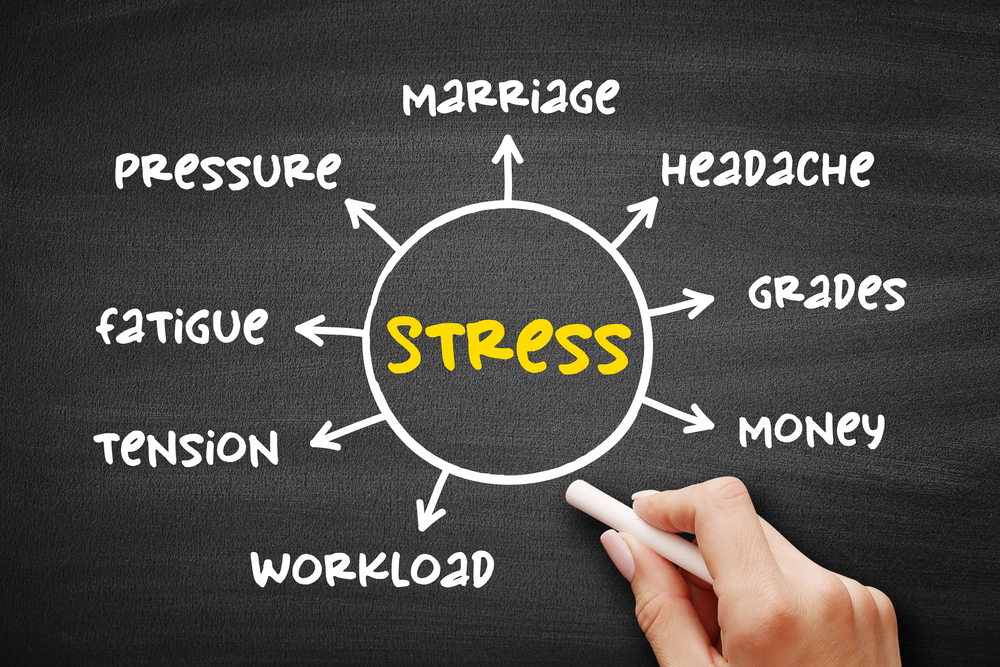Marriage is one of the most rewarding—and at times, most challenging—relationships we experience. Even the strongest partnerships encounter obstacles, from everyday stressors to deeper unresolved issues. While many couples work through difficulties on their own, others find repeated conflict or emotional distance hard to manage without professional support. That’s when marriage therapy in New York State becomes a vital resource.
At Relationships and More, we work with couples across New York to address the visible conflicts and the underlying complications that often lead people to seek counseling. Recognizing these root causes can help couples take proactive steps before small issues grow into major fractures.
Common Underlying Complications That Lead to Marriage Therapy
1. Communication Breakdowns
One of the most common reasons couples seek therapy is poor communication. When conversations spiral into arguments, go unresolved, or are avoided altogether, intimacy and trust begin to erode.
Questions couples often ask:
-
Why does my spouse never listen to me?
-
How can I stop fighting with my partner about the same issues?
-
Why do our conversations turn into arguments so quickly?
Therapists at Relationships and More use proven techniques to help couples listen, express themselves without blame, and build healthier patterns of interaction.
2. Financial Stress
Money has long been one of the top sources of marital conflict. Different attitudes toward saving and spending, hidden debt, or financial insecurity often create tension in relationships.
Searches that lead people toward therapy:
-
Why do couples argue so much about money?
-
What if I can’t agree with my spouse about finances?
-
How do we manage debt as a couple without fighting?
Counseling provides a neutral space to openly discuss finances, uncover the emotions tied to money, and create shared financial goals.
3. Intimacy Issues
When couples struggle with emotional or physical intimacy, the relationship often feels disconnected. Mismatched desire, stress, or unspoken resentments can lead to distance and frustration.
Searches often leading to therapy inquiries include:
-
Why has my partner lost interest in intimacy?
-
How do we reconnect emotionally and physically?
-
Can therapy improve intimacy in marriage?
With guidance from a therapist, couples can rebuild both emotional closeness and physical intimacy by addressing the barriers standing in the way.
4. Parenting Conflicts
Parenting is rewarding but also stressful. Couples often clash on discipline, education, or family roles. These disagreements can become especially heated when they reflect how each partner was raised.
Questions people often search before realizing therapy can help:
-
Why do we fight about how to raise our kids?
-
Can different parenting styles hurt our marriage?
-
How do we compromise on parenting decisions?
Marriage therapy helps parents align on values, reduce conflict, and present a united front.
5. Stress, Work, and Life Transitions
External pressures such as demanding careers, health challenges, or major life transitions (like moving or caring for parents) often spill into marriages. Stress can reveal cracks in coping skills and emotional connection.
TOFU-style questions include:
-
Why do life changes put so much strain on our marriage?
-
How do I stop stress from affecting my relationship?
-
Can therapy help couples manage outside pressures?
Therapy gives couples tools to manage stress together, strengthening teamwork and resilience.
6. Trust Issues and Betrayal
A breach of trust—whether emotional or physical infidelity, secrecy, or dishonesty—is one of the deepest wounds a marriage can face. Rebuilding that trust often requires professional guidance.
Common early-stage questions include:
-
Can my marriage survive after betrayal?
-
How do I rebuild trust with my spouse?
-
Is it possible to forgive after infidelity?
Therapists provide structure and tools to help couples process betrayal, restore safety, and decide how to move forward.
When Is It Time to Seek Marriage Therapy in New York State?
Couples often wait until issues feel overwhelming before reaching out for help. But therapy can be most effective when problems first start to repeat or when disconnection begins to grow.
You may want to consider counseling if:
-
You keep having the same arguments without resolution
-
Conversations frequently turn defensive or hostile
-
You feel more like roommates than romantic partners
-
Intimacy has diminished or disappeared
-
Distrust or secrecy has become a pattern
-
You want to strengthen your relationship before issues worsen
Why Choose Relationships & More in New York State
At Relationships and More, our licensed therapists provide compassionate, evidence-based marriage counseling for couples across New York. We create a safe space where partners can:
-
Communicate more effectively
-
Rebuild trust after conflict or betrayal
-
Rekindle emotional and physical intimacy
-
Work through financial, parenting, or stress-related challenges
Marriage therapy is not about blame. It’s about growth—helping couples understand each other more deeply and build a stronger, healthier connection for the future.
Final Thoughts
Every couple faces complications, but unresolved issues don’t have to damage a marriage beyond repair. By recognizing the underlying causes—communication breakdowns, money stress, intimacy struggles, parenting disagreements, life transitions, and trust issues—couples can take proactive steps toward healing.
If you live in New York State and are wondering whether marriage therapy could help your relationship, the answer is often yes. With the right guidance and support, couples can move beyond conflict and rediscover the closeness that brought them together.
Take the first step today with Relationships and More’s marriage counseling services and invest in a healthier, stronger future for your marriage.

